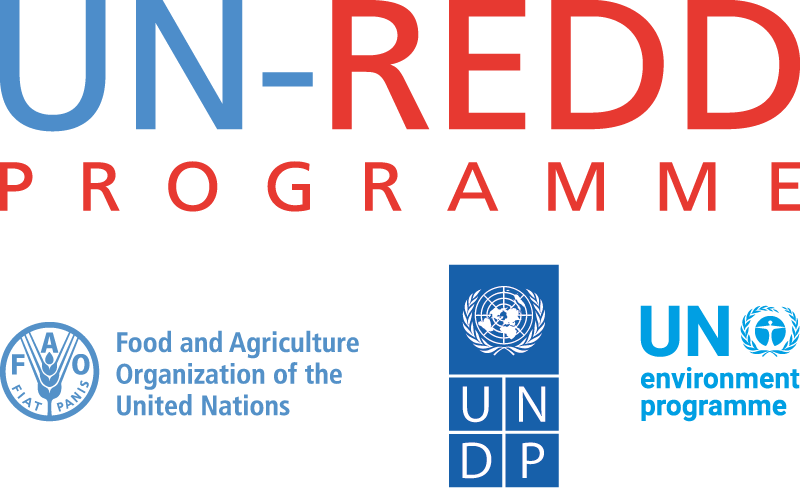
THE GREEN GIGATON CHALLENGE BRINGS TOGETHER PRIVATE AND PUBLIC SECTOR FUNDING PARTNERS FOR SIGNIFICANT EMISSIONS REDUCTIONS
Buoyed by a renewed international momentum to tackle climate change and to protect and restore tropical forests, the UN-REDD Programme together with NGO Emergent launched the Green Gigaton Challenge (GGC) to mobilize public and private funds to pay for one gigaton of high-quality emissions reductions from forests by 2025.
This challenge aims to make a significant contribution to keeping global warming under 2°C, to close the emissions gap by 2030, and to ensure biodiversity conservation and a green recovery from COVID-19. It offers a concrete framework to leverage public and private finance for large-scale and high-quality forest protection and restoration. By unmistakably signalling scaled-up financial ambition it promises to be a powerful force in helping change the economics and politics of deforestation in many parts of the world, by making conservation and sustainable use of forests an attractive alternative.
“The Green Gigaton Challenge may be the only way to mobilize all our resources to protect our unique natural patrimony,” according to Andrea Meza, Minister of Environment and Energy of Costa Rica. “It’s the only way to address the multiple crises. With forest conservation, we’re also doing mitigation and adaptation and generating resilience and engaging communities in this global effort.”
The GGC will bring together a coalition of public and private partners to channel funds into efforts led by national and subnational governments for REDD+. By using donor-funded floor prices for RBPs and facilitating and leveraging private sector demand above these floor prices, the GGC will support forest countries in achieving their NDCs, while also helping companies complement their internal emissions reductions with high-quality, jurisdictional REDD carbon credits.
The GGC paves the way for a new chapter in efforts to protect the world’s remaining forests. Companies need confidence that there will be supply at the scale of high-integrity jurisdictional REDD+ credits. Regarding tropical forest countries, the Norwegian Minister of Environment Sveinung Rotevatn said: “The essence of this challenge is to secure large-scale, multi-year predictable results-based funding. Success needs a massive increase in private and public finance. Tropical forest countries face complicated political challenges to putting in place the changes necessary, and they need to be confident in the financial returns for protecting and restoring their forests.”
Whether the GGC can make a difference is a function of price and volume: There is a number where the economics for conservation becomes overwhelmingly compelling. For example, a 1-gigaton bid starting at a floor price of $10/tCO2 e and increasing gradually to $30/ tCO2 e can move the needle and change the land-use trajectory in deforestation hotspots.
This ambitious strategy sends a powerful signal to the global community and will start to pull in the finance to drive forest protection. Unlocking the first gigaton of emission reductions from REDD+ is a crucial first step in the massive increase in public and private results-based funding commitments necessary to protect forests and other NbS.

